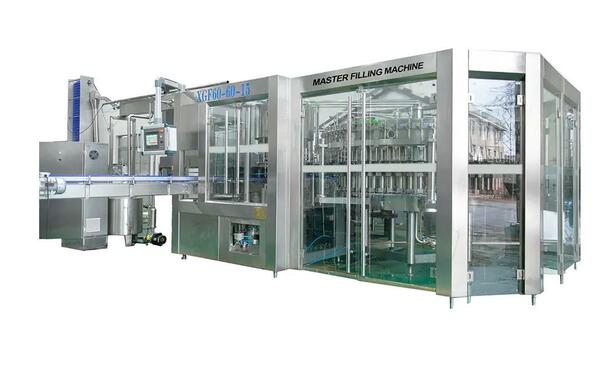How PET preform mold can help you create your own brand bottle
PET is a common material for making bottles and cans. There are two main production processes for producing these materials: injection molding and blow molding.
Injection molding uses virgin plastic pellets to produce solid parts, while blow molding uses hollow parts made from molten plastic. Choosing the process that is best for you depends on the machine and the desired bottle product.
1. Bottle size
PET, also known as polyethylene terephthalate, is a type of polyester used in plastic bottles and containers. It is a very popular resin because of its many advantages, including high impact resistance and low moisture absorption.
In the two-stage PET stretch blow molding process, the injection molded preform is heated to the directional stretch blow molding temperature of the material being processed by means of metal sheath heating, quartz heating or radio frequency (RF) heating. The preform is then balanced into the correct orientation and transported to the blow molding area for expansion.
Then blow the bottle. If the preform is not blown properly, the wall thickness of the bottle will be very uneven. This is because the inner surface of a preform tends to be cooler than the outside and therefore does not stretch as easily. This creates thousands of microcracks that interfere with the passage of light.
2. Bottle type
A PET blow molding machine can help you create bottles that are unique to your brand. This is because PET bottles can be designed into unique shapes that are easily recognizable on the shelf.
Using uniquely shaped bottles can also help you stand out on the shelf and attract more customers. Consider how soft drink makers such as Coca-Cola and Orangina use different bottle shapes to drive sales.
In most cases, the bottle shape you choose will depend on your budget. For example, if you want a flawless bottle, precise rectangular shape, with strong threads and low capital cost, then a single stage blow molding machine is best for you.
3. Bottle material
There are many reasons for the growing popularity of plastic bottles, including their good looks and portability. They are also less expensive than glass or aluminum.
Plus, they're recyclable, saving energy and reducing the amount of raw material needed for packaging.
Compared to other bottle containers, PET bottles are lightweight and safe. They also have greater transparency, making them easier to see what's inside.
The process used to make PET bottles is called blow molding. The method is a two-step process that requires the use of a preform injection machine and a blow molding machine.
4. Bottle color
PET plastic is lightweight and durable, making it popular for a variety of packaging needs. They can also be colored for increased branding opportunities.
In addition to its versatility, PET plastic bottles are also hygienic and recyclable. The material is used in a variety of products including food and beverages, cleaning products and cosmetics.
A new study finds that the color of rPET particles depends on how they are processed. When preforms are exposed to high temperatures, the material is prone to heat-induced degradation reactions such as yellowing and lower IV.
This is why automated management of the process is critical to ensuring bottle quality and consistency. This means monitoring rPET process changes in real time and automatically adjusting the blow molding machine to respond.
5. Bottle design
PET Injection Mold is a flexible manufacturing process for producing high-quality bottles in various shapes. It allows the production of bottles that stand out on supermarket shelves and promote the brand.
The process involves making a test tube-like preform, which goes through a stretching and blow molding process. This method produces bottles with good optical and barrier properties.
Proper preform design is important and based on empirical data on how much each particular PET needs to be stretched to achieve its natural stretch ratio. This will affect the weight distribution of the bottle and the thickness uniformity of the shoulders and bottom.



